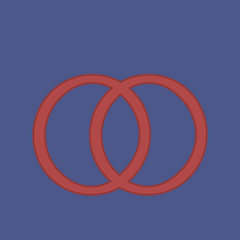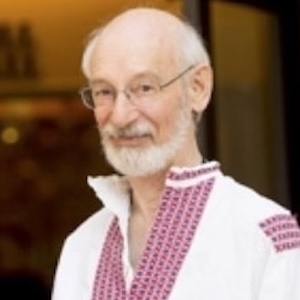
In our work as acupuncturists, we use differential diagnosis to understand the warp and woof of a patient’s problem, to see how various seemingly marginally connected aspects of their problem give us the pattern that allows for skillful intervention. We also look at constitutional factors, those aspects of our patients that provide a kind of gravity and centering to their life and how they live it.
Both aspects need our consideration in clinical practice.
In this conversation with Peter Eckman we discuss the differences between a person’s constitution and their condition. Both give us a handle on working with people, but these are very different aspects of our make up.
How are they different? And how to approach work with these? Listen in, there’s a lot to discuss.
Try to learn as much from your failures as from your successes. That’s why every Master I’ve met is still just a student.

Peter Eckman M.D.
I’m an MD with a specialty practice of acupuncture for 50 years. I’ve had many teachers along the way to developing my own style called Constitutional Conditional Acupuncture. It prioritizes pulse diagnosis as transmitted from China, Japan, Korea and India. I’ve taught this approach internationally, including 3 multi-day workshops in China pre-pandemic. I currently have 4 books published plus numerous journal articles.
My belief is that acupuncture and pulse diagnosis are aspects of an Eastern scientific tradition that complements the Western one. It is based on resonance theory or gan ying as its axiom. The Yijing, Neijing, Nanjing and Maijing together with Huainanzi and Daodejing still have hidden gems to teach us.
Like the Dao, you can never exhaust their supply of wisdom. I have even discovered a way to treat cancer with acupuncture that works on the illness itself, not merely the symptoms or side effects of Western therapies. And every day in clinic is still an adventure, even in my eighth decade.
You can find Peter on his Website and over on the Scholars of Chinese Medicine Facebook Group.
Here’s a list of Peter’s books.
If you want to organize a hands-on workshop, contact him at [email protected]
You don't have access to purchase this item.